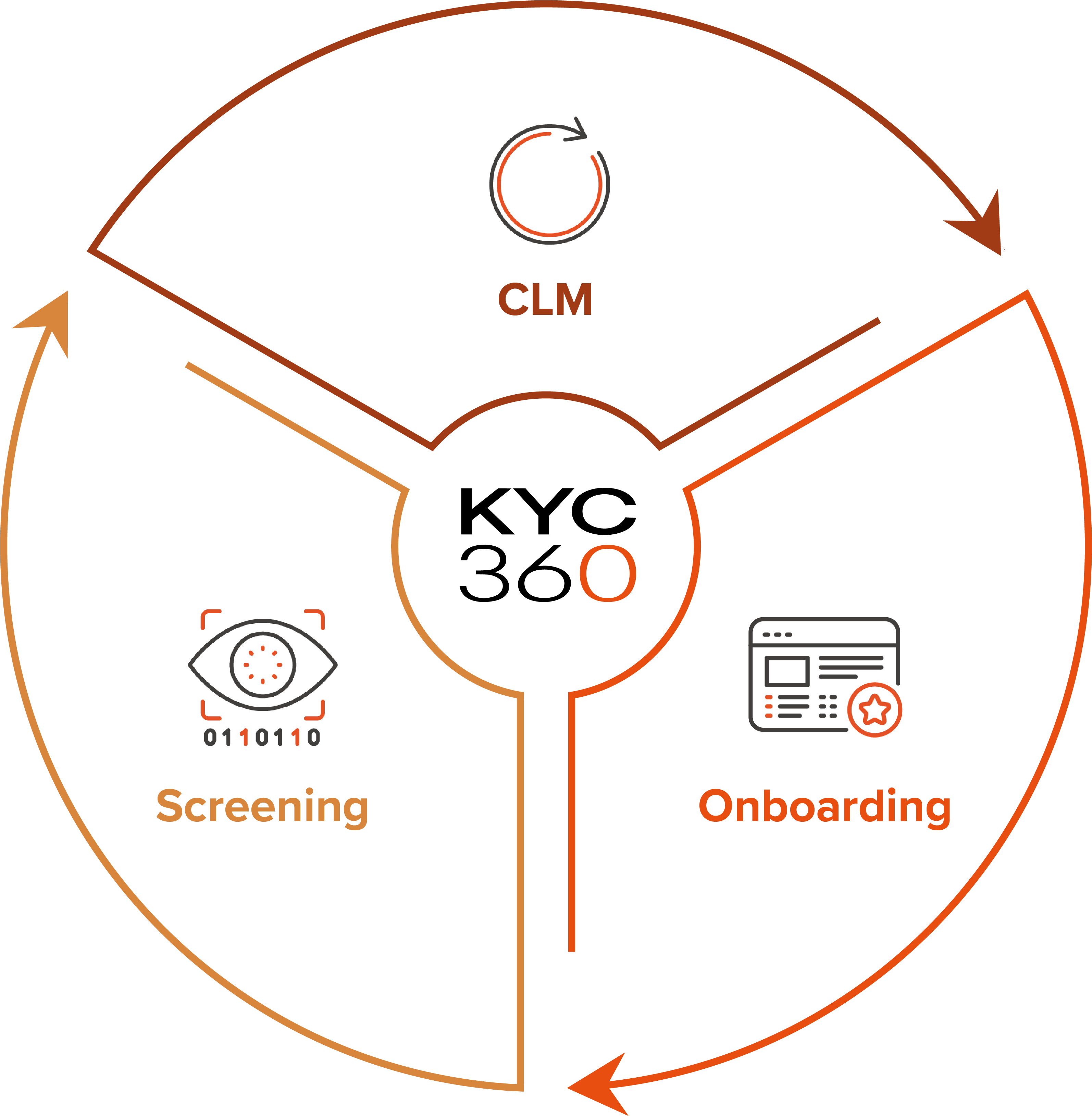Why Banks Need to Clean Up Their Act Before the Regulators Do It for Them
Written by Stephen Platt
It’s easy to think of Know Your Customer (KYC) remediation as yet another tedious exercise in banking compliance—one that involves heaps of paperwork, endless forms, and hours of mind-numbing verification checks. But here’s the reality check: banks ignore KYC at their peril. When it comes to Anti-Money Laundering (AML) laws, there’s absolutely no wiggle room. AML compliance isn’t just a box to tick; it’s a legal and moral imperative. And yet, a surprising number of financial institutions still seem to think they can skirt by without a comprehensive KYC strategy in place. Spoiler alert: they can’t.
Why KYC Matters: It’s More Than Just Paperwork
Now, let’s talk about what happens when banks turn a blind eye to KYC and AML obligations. Spoiler alert: it’s expensive. Fines for AML breaches are not small change. TD Bank, HSBC, Standard Chartered, and others have learned this the hard way, facing billion-dollar penalties for failing to follow through on their AML commitments. And it’s not just the financial pain; these scandals are a PR nightmare. The damage to a bank’s reputation can take years, even decades, to repair. Once a bank is tarred with the brush of money laundering, customers, investors, and regulators are not quick to forget.
KYC remediation is the process by which banks go back and clean up their act—reviewing and updating customer information, identifying potential risk factors, and correcting past oversights. Historically it has by necessity been tedious, time-consuming, and yes, costly. But compared to the price of an AML fine, KYC remediation is an absolute bargain. Banks need to stop seeing it as an optional extra and start treating it as an urgent, ongoing necessity recognising that through the use of RegTech solutions such as KYC360 much of the pain, time and cost of conducting a full scale remediation can be reduced significantly.
Lessons for Banks: Why KYC Remediation Is Non-Negotiable
Banks need to embrace KYC remediation as an essential part of their business strategy. It’s not just about avoiding fines, though that’s certainly a motivator. At its core, robust KYC practices are about protecting the financial system—and society—from criminal exploitation. Here’s why KYC remediation is vital:
- Regulatory Compliance Isn’t Optional: Banks need to stop gambling with compliance. AML laws exist for a reason, and regulators are more vigilant than ever. KYC remediation is a proactive step that tells regulators a bank is serious about doing things by the book.
- Reputation Matters: In today’s world, a bank’s reputation can be destroyed overnight. When a bank is caught up in an AML scandal, it’s not just a bad look; it’s a complete breakdown of trust. Customers, quite rightly, don’t want to put their money in an institution that’s cozy with crime.
- The Cost of Inaction Is Higher: Yes, KYC remediation is an investment. But the cost of inaction—whether that’s fines, legal fees, or the cost of lost business—is far, far higher. For every bank tempted to cut corners on compliance, the message is simple: you cannot afford not to do this.
Conclusion: Time to Take KYC Seriously
Banks are in the business of managing risk, yet too often they gamble on ignoring the biggest risk of all—AML compliance. KYC remediation might seem like an admin headache, but it’s actually a lifeline. It’s a way for banks to keep their noses clean, avoid eye-watering fines, and maintain the trust of the public. More than that, it’s about ensuring that our financial systems are safe, secure, and resilient against crime. For banks, the message is clear: get KYC right, or be prepared to pay the price.
The KYC360 platform is an end-to-end solution offering slicker business processes with a streamlined, automated approach to Know Your Customer (KYC) compliance. This enables our customers to outperform commercially through operational efficiency gains whilst delivering improved customer experience and KYC data quality.
